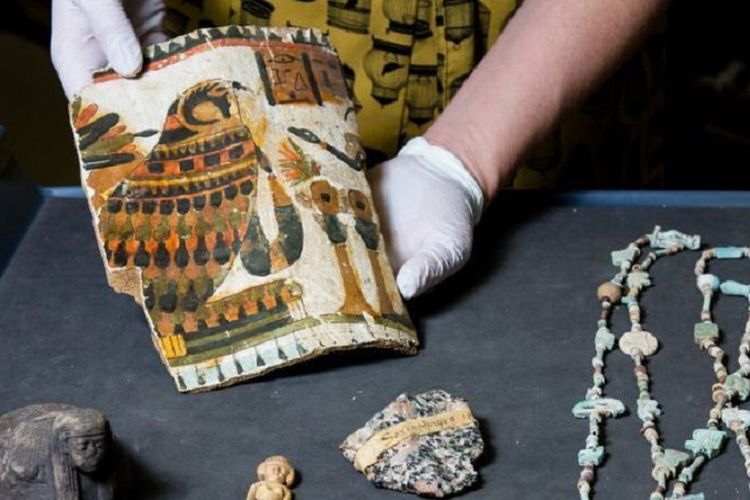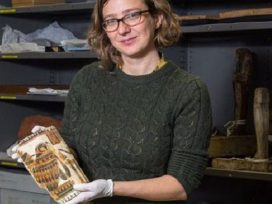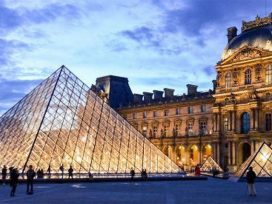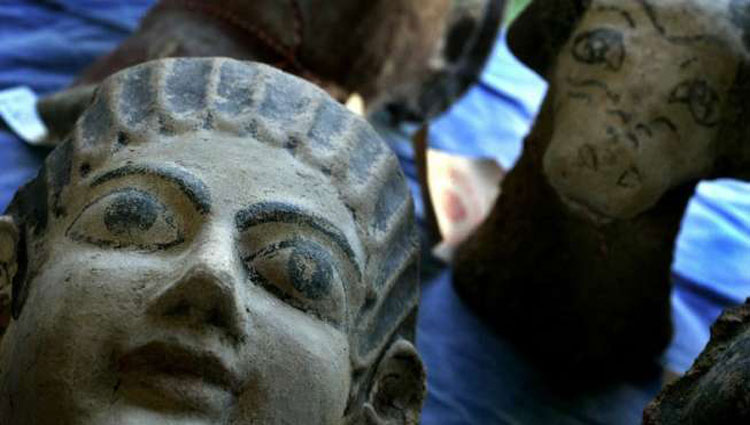
Thousands of Years Old Egyptian Artifacts Discovered in Sydney
A collection of Egyptian antiques was found during house cleaning in Sydney, Australia. Now, the artifacts have been donated to the archeological museum. The discovery took place at the Rosemary Beattie family home. Beattie admitted, as a child, she had indeed been shown what looked like a mummy in the cat’s grandmother’s house.
“We came to look around, and I thought oh, that’s a cat,” Beattie said. The cloth wrapped item is one of the antiques belonging to his grandfather, Dr. John Basil St. Vincent Welch, who he brought home as a medical officer in World War I. It is believed that his grandfather received help from a local translator in buying these antiques as souvenirs from Egypt. “He brought back happy memories,” Beattie said to ABC’s Chris Bath.
Cleaning House
The artifacts were kept by Beattie’s mother, Margaret St. Vincent. Her husband inherited the items, also named John Basil St. Vincent Welch after the death of his father. But Margaret’s health condition forced her to move to an elderly care facility. The house was also planned to be sold to help with the maintenance costs.
It was when cleaning the house; Beattie was given the task of handling a box of antiques from Egypt. The box is big. The box was lying on the covered veranda above the cupboard. We are thinking about what we will do? “He said.

Thousand Years Old
Family members suggest these items be donated to the University of Sydney. Both John Basil, the father and son, both had studied there. Archaeologist at the university, Candace Richards, was happy to know the whereabouts of this collection.
“I’m happy, confused, and curious about what’s in this house,” Richards said. “We know that many soldiers, especially during World War I and World War II, bought real artifacts and we also know a lot of fake goods,” he added.
With this donation, the University of Sydney’s Nicholson Museum cataloged 185 artifacts, ranging from small amulets, scarab beetles, to coffin fragments, ceramics and bronze coins from the Roman era. It is believed that some of these objects were from the first millennium BC (BC). “This is very rare in Australia. We have items from other World War I soldiers, but the scale is not this big,” Richards said.
One of the long-shaped objects wrapped in the fabric is thought to be a mummy. This artifact will be scanned to confirm whether the contents of the cat are correct. “We can’t just dismantle it because it will destroy the artifact,” he said.
“With the medical technology we have used so far, we can apply it to these Egyptian artifacts,” Richards said. It is hoped that these items will later be displayed in an exhibition at one of the museum’s facilities which are expected to be completed in 2020.
Family History
The Beattie family had previously donated 70 items related to the military to the Australian War Memorial. Other relics found in their home included 500 negative photo discs, swords and hand grenades that were initially kept by his father who also served during World War II. Medals owned by two German soldiers will be returned to their rightful owners. Beattie’s mother, Margaret, died shortly after this Egyptian artifact was donated.
But this prompted him to reveal more about his family history. “Unfortunately my grandfather was not talked about much because he died when my father was five or six years old due to influenza,” Beattie said. “So we did not know much about the extraordinary man, and now we find how very attractive he is. This means we are very much,” he concluded



